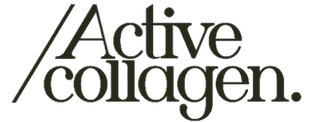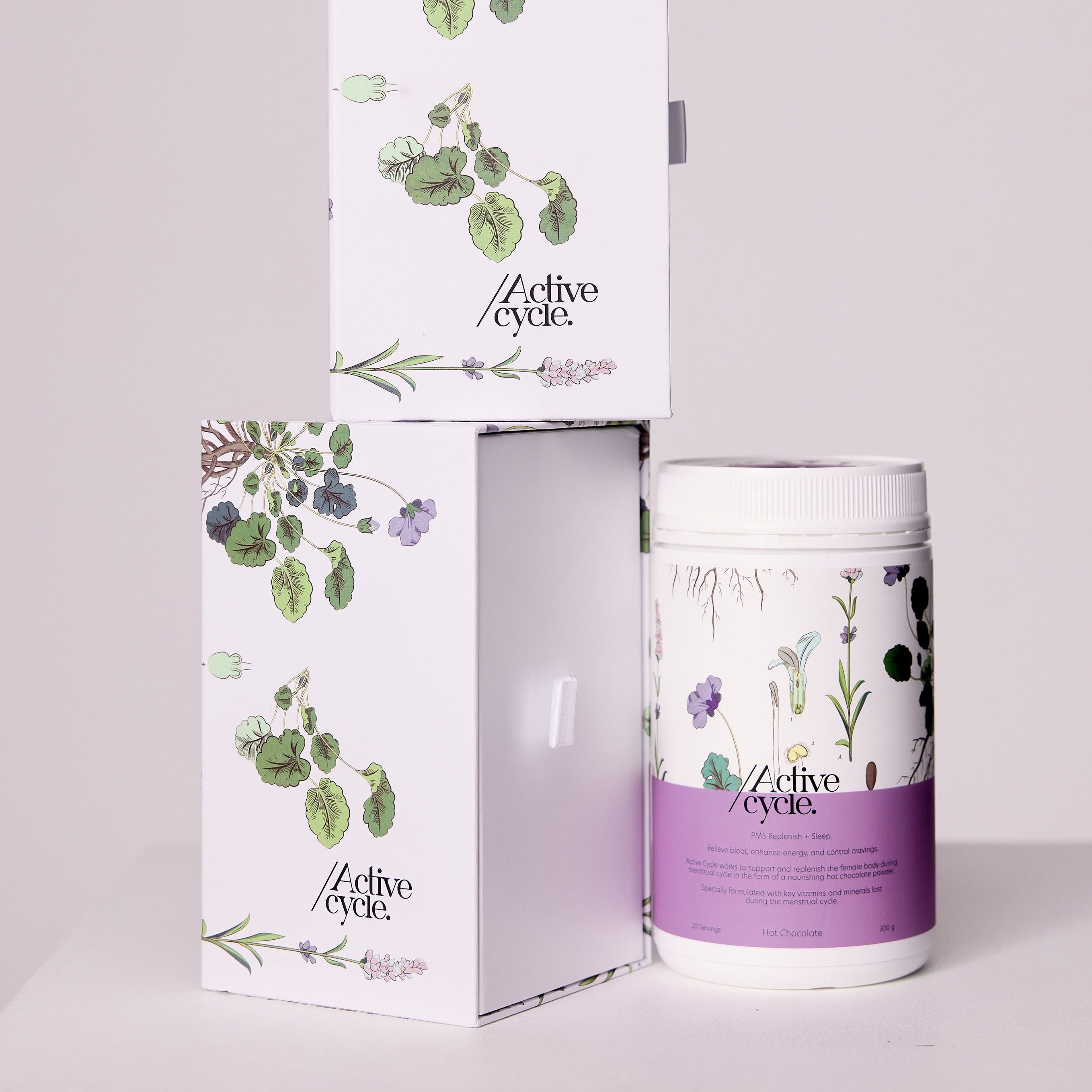Often simply referred to as the preconception period, trimester zero includes the years, months and weeks before trying to conceive. Of course, we’ve all heard of trimesters 1, 2 and 3 that make up a full-term pregnancy, and the importance of getting everything right during this time. But there is a growing awareness of the importance of female health long before actively trying to conceive that impact pregnancy outcomes for both mum and bub.
During prime reproductive years there are certain diet and lifestyle behaviours that can be adopted early to improve pregnancy even if you’re not ready to conceive just yet. Although, if you are aware that pregnancy may be on the cards for you in the next 1-5 years early intervention with strategies to optimise your health may also optimise fertility making natural conception, well, conceivable. No pun intended.
Why Prepare So Soon?
When it comes to preparing your body for a healthy pregnancy there are certain risk factors or health behaviours that can have a cumulative effect on not only the health of your child over their lifetime but intergenerational health. A fabulous example of preparing your body appropriately is through diet and nutrition. And the sooner the better!
Pregnancy is particularly demanding on the female body with high metabolic and nutrient demands. Though, women are already at greater risk of nutrient deficiencies usually due to menstruation or undereating tendencies. So, it’s best to correct undernutrition before it becomes a problem during pregnancy or when trying to conceive. A study in the UK revealed that women of reproductive age – particularly those 18-25 years – have intakes of vital nutrients well below recommended daily amounts including iodine, folate and iron, and therefore would not be nutritionally prepared for pregnancy. It is also suggested that adopting dietary patterns up to 3 years prior to conception can reduce the risk of gestational diabetes and premature births. This includes adopting higher intakes of wholefoods – fruit, vegetables, legumes, fish, nuts – and lower intakes of processed or red meat.
There is also the obvious factor of abstaining from alcohol during pregnancy. Although, women who are actively planning a pregnancy may not understand the impact alcohol can have during the preconception period. This may be due to lack of education on preconception care or simply complacency. Alcohol consumption in both males and females during trimester zero has been associated with higher risk of miscarriage.
Choline – The Forgotten Nutrient
Optimal intakes of certain nutrients such as folate, iron and calcium are incredibly imperative for the likelihood of a successful pregnancy. However, one nutrient that is often left out of the talked about pregnancy nutrients is choline.
Choline intakes during pregnancy are increasing in recognition. And for good reason. Like folate, choline is grouped with the B vitamins and is actually involved in many of the same metabolic functions as folate which prevent neural tube defects. It has been recognized as a brain building nutrient as it is fundamental for neurological development, especially during gestation and the first 2-3 years of life. In Australia, 425mg of choline per/day is recommended for females 19-30 years which may go un-met during preconception if attention isn’t given from healthcare professionals. Let alone that this requirement increases to 440mg during pregnancy.
Wholefoods rich in choline include egg yolks, unprocessed beef, chicken, fish and pork, containing >60mg per 100g. It can also be found abundantly in plant sources such as nuts, legumes and cruciferous vegetables like broccoli, providing up to 25mg per 100g. A big provider of dietary choline can, however, be put down to the consumption of cow’s milk.
Regular Ovulation
Irregular periods – oligomenorrhea - and amenorrhea – a missing period – are considered to be signs of infertility and anovulation – failing to ovulate. However, actually ovulating every cycle is a key sign of fertility and health. Ovulation is the process of a mature egg being released from a follicle in the ovaries in response to a surge in the hormone LH. It then travels down the fallopian tube where it can be potentially fertilised over the next day or so. If this isn’t happening regularly, or in some cases at all, the likelihood of falling pregnant is low.
So how can you support regular ovulation? Women with a lower body weight – usually a BMI of <18 – or who excessively exercise may experience missing periods due to failing to release hormones from the HPA axis in the brain that are key for the production of LH. If our bodies feel unsafe, such as when underweight or too stressed due to high energy output, it will switch off ovulation as this is not the optimal time to reproduce. Therefore, reducing exercise intensity and duration is recommended.
Like correcting many other health issues, regular ovulation can be supported through healthy dietary behaviours. Mediterranean dietary patterns are recommended for positive fertility health. This entails consuming high fibre (fruits, vegetables, pulses), olive oil, unprocessed grains, low-fat dairy, poultry, oily fish such as salmon, and red wine, with moderate consumption of red meat and minimal refined sugar. Essentially, following an 80/20 diet approach. This dietary approach has shown positive changes in terms of reducing risk of infertility caused by ovulation disorders.
There are certain biomarkers that can be used to signify ovulation. These include cervical mucus which appears similar to uncooked egg-white in consistency – transparent and aqueous - and basal body temperature which has a slight increase following ovulation. Look out for these signs throughout your cycle to help predict ovulation.
Preconception care well before actively trying to conceive is a topic that is gaining greater attention. And so it should when it has a plethora of benefits for both mum and bub. Trimester zero isn’t just for those with a partner and wanting to conceive. If you know you’re wanting to fall pregnant at some stage, now is the best time to start.
Stephenson, J., Heslehurst, N., Hall, J., Schoenaker, D. A. J. M., Hutchinson, J., Cade, J. E., Poston, L., Barrett, G., Crozier, S. R., Barker, M., Kumaran, K., Yajnik, C. S., Baird, J., & Mishra, G. D. (2018). Before the beginning: nutrition and lifestyle in the preconception period and its importance for future health. Lancet (London, England), 391(10132), 1830–1841. https://doi.org/10.1016/S0140-6736(18)30311-8
Chivers, B. R., Boyle, J. A., Lang, A. Y., Teede, H. J., Moran, L. J., & Harrison, C. L. (2020). Preconception Health and Lifestyle Behaviours of Women Planning a Pregnancy: A Cross-Sectional Study. Journal of clinical medicine, 9(6), 1701. https://doi.org/10.3390/jcm9061701
Chai, J., Guo, T., Deng, Y., Jiang, L., Zhang, J., Xu, Q., Peng, Z., He, Y., Wang, Y., Zhang, Y., Zhang, H., Wang, Q., Shen, H., Zhang, Y., Yan, D., Yang, Y., & Ma, X. (2022). Preconception alcohol consumption and risk of miscarriage in over 4.5 million Chinese women aged 20-49 years. BMJ sexual & reproductive health, 48(e1), e53–e59. https://doi.org/10.1136/bmjsrh-2020-201012
Korsmo, H. W., Jiang, X., & Caudill, M. A. (2019). Choline: Exploring the Growing Science on Its Benefits for Moms and Babies. Nutrients, 11(8), 1823. https://doi.org/10.3390/nu11081823
Derbyshire, E., & Obeid, R. (2020). Choline, Neurological Development and Brain Function: A Systematic Review Focusing on the First 1000 Days. Nutrients, 12(6), 1731. https://doi.org/10.3390/nu12061731
Katsikis, I., Kita, M., Karkanaki, A., Prapas, N., & Panidis, D. (2006). Anovulation and ovulation induction. Hippokratia, 10(3), 120–127. https://pubmed.ncbi.nlm.nih.gov/20351807/
Skoracka, K., Ratajczak, A. E., Rychter, A. M., Dobrowolska, A., & Krela-Kaźmierczak, I. (2021). Female Fertility and the Nutritional Approach: The Most Essential Aspects. Advances in nutrition (Bethesda, Md.), 12(6), 2372–2386. https://doi.org/10.1093/advances/nmab068
Vigil, P., Lyon, C., Flores, B., Rioseco, H., & Serrano, F. (2017). Ovulation, a sign of health. The Linacre quarterly, 84(4), 343–355. https://doi.org/10.1080/00243639.2017.1394053
National Health and Medical Research Council. (2006). Choline. Nutrient Reference Values. https://www.eatforhealth.gov.au/nutrient-reference-values/nutrients/protein




